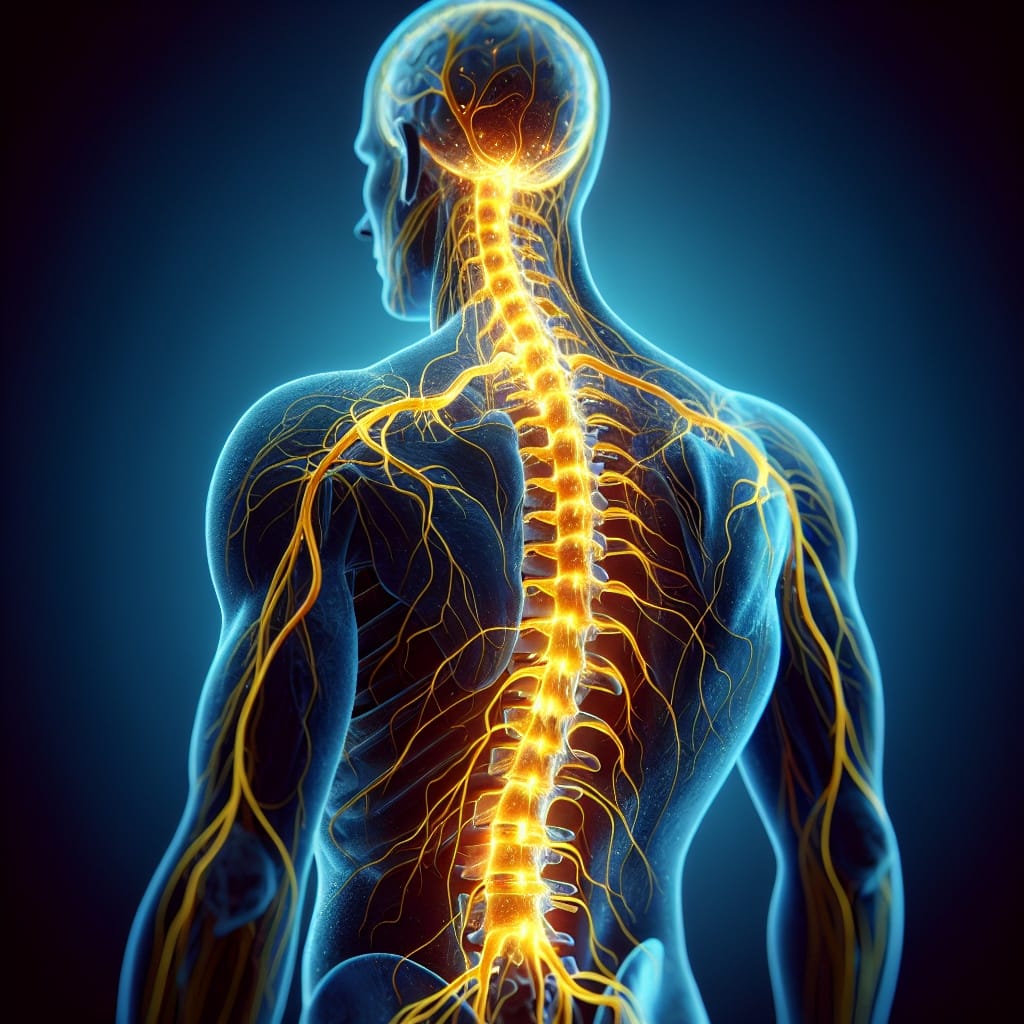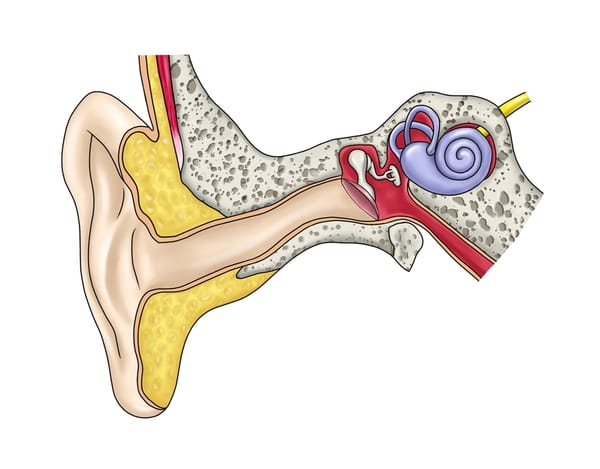The impact of aging on the nervous system

The nervous system governs the body's activities and allows it to respond to both internal and external stimuli. It’s made up of the central nervous system (the brain and spinal cord) and the peripheral nervous system (the nerves that extend throughout the body).
As we age, the nervous system undergoes several changes. These include a decline in both the number and weight of nerve cells, slower transmission speeds of signals between cells, and the accumulation of waste products that can contribute to abnormal changes.
Nerve cells are typically surrounded by a protective layer called the myelin sheath, which allows electrical impulses to travel quickly and efficiently. However, aging can cause this myelin to deteriorate, slowing or even halting nerve impulses. This can reduce reflexes and diminish sensation.
While structural changes in the brain due to aging don’t always translate to decreased brain function, a combination of nerve cell changes, genetic factors, and the buildup of toxic substances can contribute to a decline in cognitive abilities.
Although the number of nerve cells in the brain naturally decreases with age, the brain has remarkable adaptability. It can generate new cells, form new connections between existing ones, and has more cells than it strictly needs to function well.
Reduced blood flow is another age-related change that can deprive nerve cells of vital nutrients, leading to further dysfunction.
Love them without losing yourself. The Boom Health app helps you manage your loved one’s home care in one app. Download the app from the App Store or Google Play Store.
This article is not intended to be a substitute for professional medical advice or diagnosis. Always seek the advice of your physician or another qualified health provider with any questions you may have regarding a medical condition.




